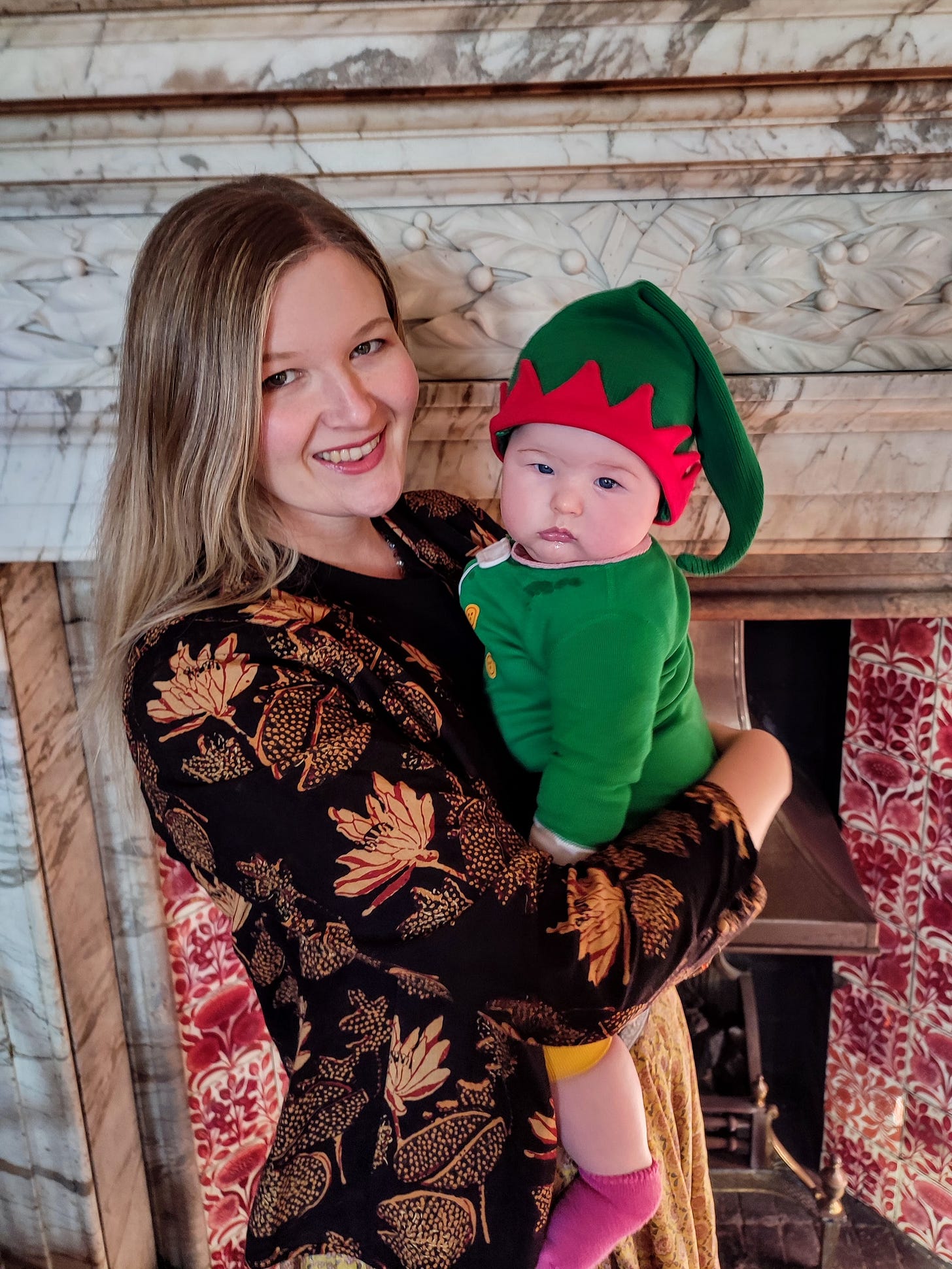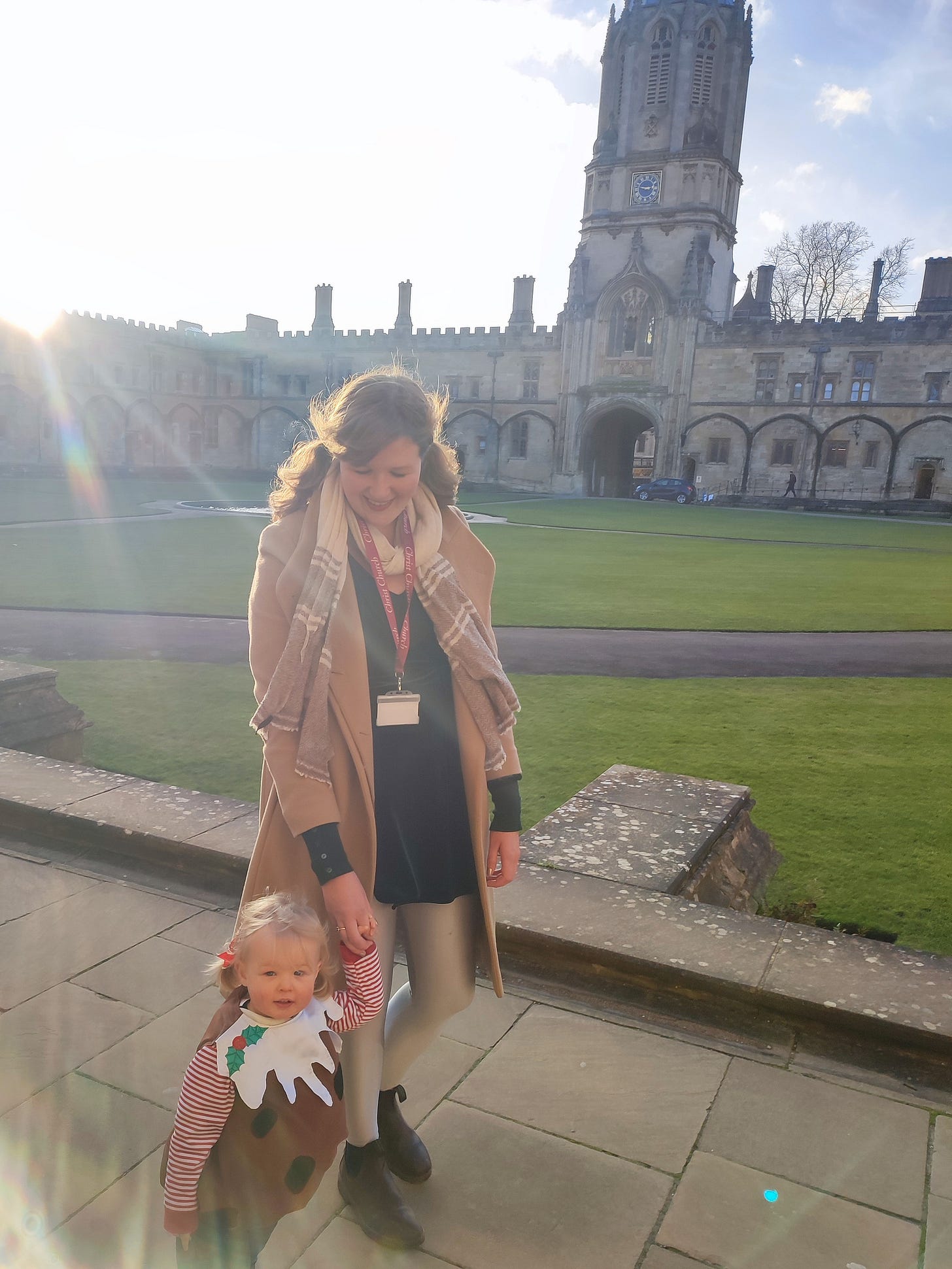Every year I receive emails from people who are applying for Junior Research Fellowships (JRFs) at Oxford and Cambridge colleges. JRFs are paid (though I have also seen non-stipendiary ones) post-doc positions, typically of 3 or 4 years, that provide early-career researchers with the opportunity to focus on their research in an intellectually stimulating environment. These applicants ask for advice, and in many cases ask to see the proposal I wrote for my successful application to Christ Church, Oxford, which I happily share. I have decided to make my proposal public on my website and am offering some advice here to try to level the playing field somewhat. When doing my PhD I was told by a senior colleague not to bother applying for a JRF because ‘nobody gets them’, but I want to encourage as many people as possible to apply since it very much is a possibility, even if the odds are slim. The rewards are worth it! And even if you don’t get it, you will have a strong proposal ready to apply for other funding.

The JRF application process can be a bit opaque, especially if coming from outside of the Oxbridge system. The competition is fierce, with hundreds of applicants for each position. The application process therefore requires careful preparation. The first step is to thoroughly research the colleges that offer JRFs. Each college has its own discipline priorities and criteria, so tailor your application to align with their specific requirements.
When preparing your application, clarity and precision are key. Your research proposal should articulate your project’s originality, significance, and feasibility. Avoid jargon and make your proposal accessible to non-specialists, as the selection committee will include members from diverse academic backgrounds. Highlight your contributions to your field and your future potential. Use your application to show your trajectory as a scholar and how the fellowship will support your growth.
Proposals are typically short, perhaps 1000-1500 words, so you need to be extremely concise. The topic should be presented as something urgent that needs to be researched now by you. Looking at my proposal now, two years into my fellowship, it seems quite vague, and my ideas and research questions have developed a lot now that I have started the project. I am pleased that I included an emphasis on graphic ethnography, one of my core interests. It could have been a risk if the selection committee had been conservative but I think having a novel angle that made my proposal distinctive was an advantage.
Finally, don’t underestimate the importance of refining and proofreading your application. The first few sentences need to get right to the point and make an impact. Seek feedback from colleagues, mentors, and peers to ensure your application is as strong as possible. Even small errors or unclear phrasing can detract from an otherwise excellent proposal.
If you get to the interview stage, well done! Try to approach it like a conversation you might have over lunch with people coming from a range of different academic backgrounds. Communicate what you think is important and novel about your research and stress why it needs to be done now. During my interview the subject specialist led the discussion and focused in detail on specific theoretical points of my proposal. Then the other members of the interview panel asked broader questions, but still about the proposed research. I think they liked my inclusion of public engagement and broader impact as part of the project design, but this probably depends on the the individual committee members.
The process is undoubtedly competitive, and your application needs to be strong. However, I do feel the JRF application process can be something of a lottery, and it ultimately depends on the interests of the selection committee. It helps to apply to as many JRF positions as you can, in both Oxford and Cambridge, once you have your proposal ready. I’ve heard of some people submitting to around 20 colleges before getting a position.
I have experience of applying for two JRFs - one application was to a Cambridge college a year prior to my Oxford one, for which I did not get an interview. I can see now that the timing was wrong as I still needed a further year and a half to finish my PhD (I found it so hard to judge my progress when writing my thesis!). The other was my application to Christ Church which was successful. Within two month of my interview I submitted my PhD. I feel that going through the application process - producing the proposal and the writing sample, and preparing for the interview - significantly helped me along the PhD journey towards completion.
My fellowship is now at the half-way mark, and I am currently in Finland conducting fieldwork for my new project. The first couple of years were spent producing my first book based on my PhD, writing articles and book chapters, and preparing for my new research. I feel very lucky to have had this opportunity to continue with research straight after my PhD, and am also very grateful to have had this kind of self-directed fellowship as the flexibility allowed me to juggle care for my daughter who was just three months old when I began in 2022. One of the surprising joys of this fellowship has been how family-friendly my college are. They host family events every term and generally make life with children not feel antithetical to pursuing an academic career. A rare thing!
The application process for JRFs is highly competitive, but with careful preparation, attention to detail, and a clear articulation of your research vision, you can make a strong case and throw your hat into the ring. Good luck!


